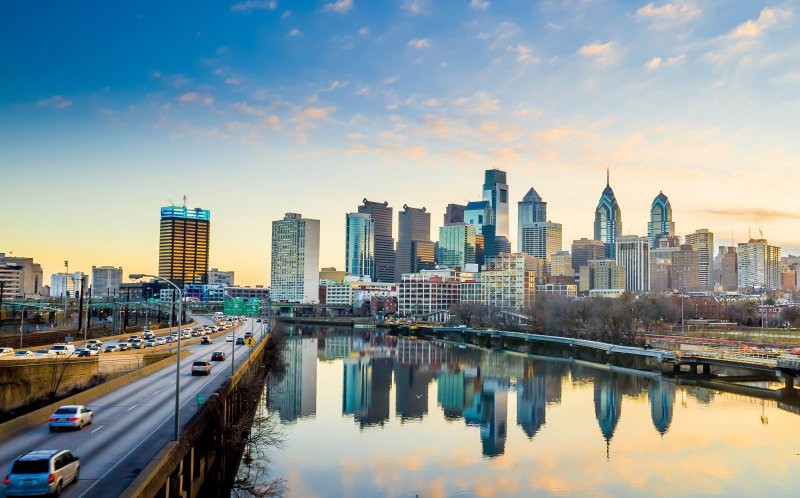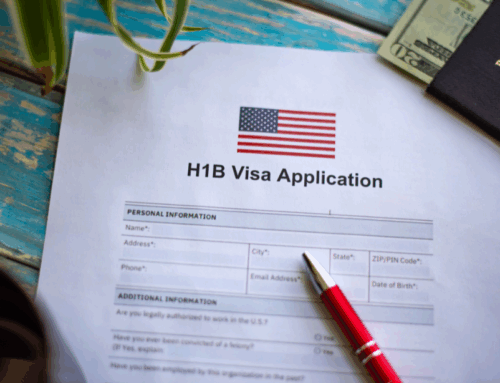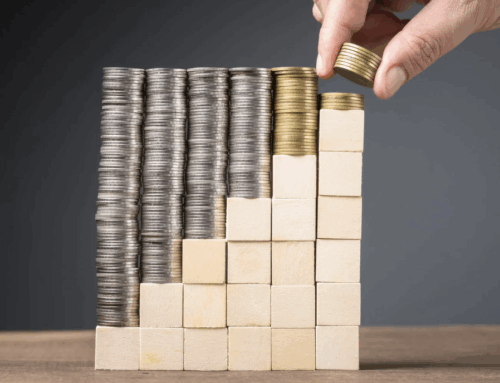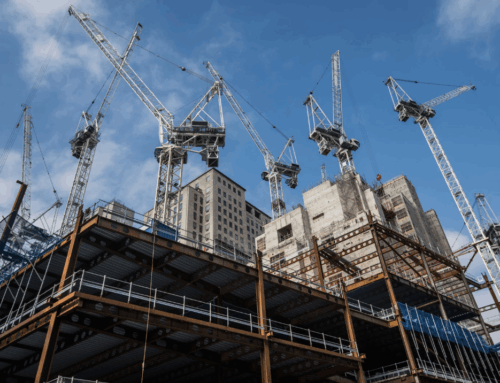As we have been reminded this week, the City of Brotherly Love has a tradition of backing innovation since the days of Benjamin Franklin and the founding of the nation.
July 28, 2016

This week, we have been reminded that Philadelphia is the birthplace of democracy’s greatest startup — the United States. Today, we wanted to highlight the stakeholders helping to craft Philly’s entrepreneurial ecosystem.
Philadelphia has been a home to innovators for more than 200 years. Benjamin Franklin, America’s most famous serial entrepreneur, found refuge in the city in 1723. He got a job as an apprentice printer, eventually opened his own printing business (the printing industry remains an important part of Philly’s economy), and had a prolific career as an inventor and writer that shaped the trajectory of the country. His spirit lives on through the state’s Ben Franklin Technology Partners initiative, which provides capital, technology, and networks to early-stage companies, serving as a critical node in Philadelphia’s startup ecosystem.
From Franklin to the founding of the first local venture capital fund in the ’70s to the creation of Startup PHL in 2013, the city’s entrepreneurial ecosystem has matured. Organizations like Philly Startup Leaders now have dedicated staff working to build a community for entrepreneurs, and YBConnected and Meetup add idea-sharing and mentorship to the mix.
Philadelphia has also long been home to world-class educational institutions, such as Drexel and the University of Pennsylvania. The University City Innovation District now serves as a training ground for the city’s next crop of innovators and entrepreneurs. Drexel has opened the nation’s first school dedicated to entrepreneurship — the Charles D. Close School of Entrepreneurship — and the University of Pennsylvania’s Penn Center for Innovation accelerates the commercialization of locally-developed technologies from lab to market. The recent IPO of Spark Therapeutics, a gene therapy company backed by the city’s Children’s Hospital, attests to the ability of Philadelphia’s anchor institutions to drive local economic development.
These are all the ingredients of a successful startup hub. But what truly sets Philadelphia apart, according to the entrepreneurs who live and build their businesses here, is the city’s collaborative spirit, diversity, and grittiness. The city’s “rising tide lifts all boats” atmosphere can be seen throughout Philadelphia’s most innovative companies, such as Culture Cloud, BioBots, Revzilla, and Curalate.
Philadelphia’s combination of a relatively low cost of living and close proximity to other world-class cities also encourages new businesses to hire more people for less upfront capital. And investors are taking notice: In 2015, the region attracted $622.8 million in venture capital, a 27 percent increase on the prior year. As a result, according to EIG’s Distressed Communities Index, 71 percent of the city’s ZIP Codes (and 75 percent of the city’s economically distressed ZIP Codes) saw increases in the number of new businesses lining their streets and occupying their office buildings from 2010 to 2014.
But there’s still work to be done. Per capita, the city trails far behind other major metro areas in terms of startup activity, according to the Kauffman Foundation. One factor may be difficulty accessing capital, a challenge shared by entrepreneurs across the country. Small-business lending remains a quarter below pre-financial crisis levels, and nearly 80 percent of venture capital goes to only three states — California, Massachusetts, and New York. In fact, half of America’s 366 metro areas failed to capture even a single dollar of new venture investment.
It’s never been more important for cities to have a proactive strategy to create an entrepreneurial ecosystem — and public policy can play a pivotal role. As new business creation and access to capital become increasingly concentrated throughout the U.S., policymakers at all levels of government — including our next president — should focus on how local startup communities can reach their full potential.
This article originally appeared in The Daily Beast.





